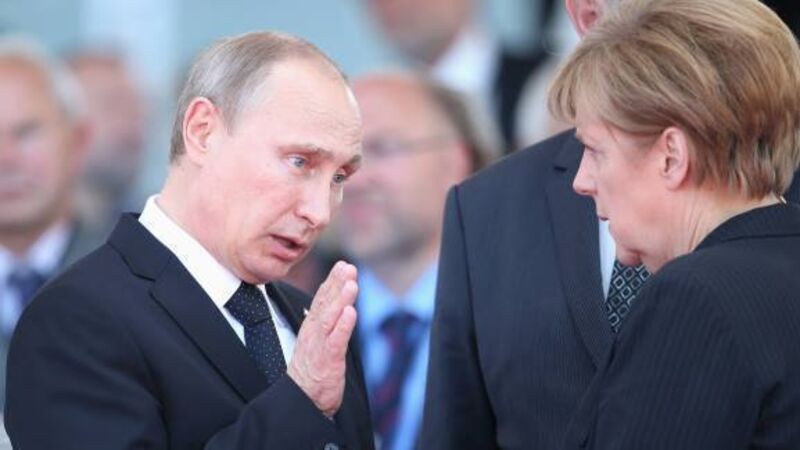Russia and Ukraine to discuss peace plan

Talks on a Ukraine peace initiative will continue with a telephone call tomorrow between Russian president Vladimir Putin and his counterpart in Kiev to discuss a proposal to end the fighting.
German chancellor Angela Merkel and French president Francois Hollande will also take part in the four-way telephone negotiations, as they try to halt the spiralling conflict,














